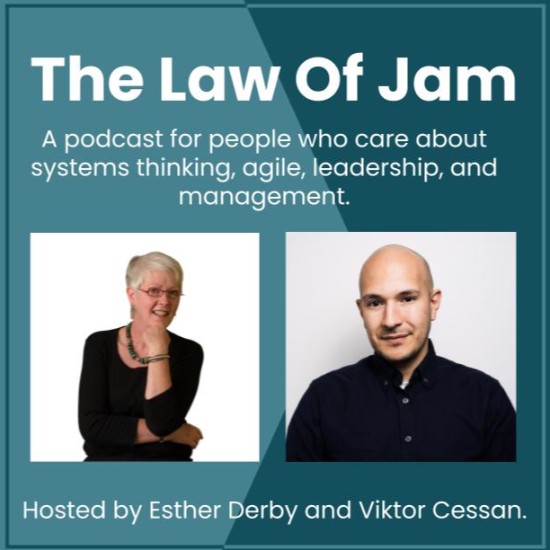As test and development managers, we pay attention to developing technical personnel, but what about managers? Do we do enough to help manager and team leads develop and improve their leadership skills–especially when we are those managers?
Some companies, GE for example, have a strong tradition of developing managers from within. Promising employees are carefully groomed through a series of increasingly complex and responsible assignments, with formal and informal mentors to guide them along the way. Along with teaching specialized domain knowledge, mentors coach new managers in the “soft” skills that are crucial for top management performance. How often to you hear of managers being carefully trained, developed and mentored in the software world?
I didn’t go to software development or test manager school, and they didn’t teach much about the people side of management in the school I went to. I ended up in management because I had good technical skills. I was originally promoted to project manager because I was a good software developer, and I stayed in management because I hoped I could do a better job than the people who had been managing me. I meet a lot of managers with stories similar to mine.
As a new manager, I got a clear message: Managers are supposed to know what needs to be done and how to do it (or at least act that way). And that message put me in a kind of trap: if I’m supposed to know what to do, it’s harder for me to admit I don’t have the answer or I need help.
The truth is, few people know intuitively how to manage process, projects and people. Like anyone else learning a new skill, new managers need training, guidance and mentoring. And just like technical staff, experience managers need to keep their skills current and evolve with an evolving workplace.
As managers, we spend time and effort improving testing, configuration management and development processes. What about management processes? What can we do to improve our own management processes? The good news is that good managers are often made, not born. Here are some of the things I’ve done to develop my management capabilities:
Get to know “me.” The most important things I’ve learned that resulted in direct improvement in my management capability weren’t about managing other people — they were about me. How do I cope with conflict, what assumptions do I have about people, how do I respond when I feel angry or hurt or scared? How do my emotions effect the way I make decisions? What are my strengths, my weaknesses and my blind spots? These skill have to do with self-management….if I can’t manage myself, I don’t stand much chance of managing anything or anybody else.
Find a model. Like most humans, my first lessons in navigating relationships came from watching and imitating my parents. I got my first lessons in management that way, too, watching other managers. Only thing was, I didn’t have real good management models in my first few jobs. It took a while to find a manager I wanted to emulate: someone who not only got the project in on time, but build decent software and treated people like adults. I try to learn from other managers who get things done and always have a list of people waiting for a position to open in their group.
Find a mentor. A model shows me what to do; a mentor will tell me when I don’t quite hit the mark. Trust is a big part of a mentoring relationship, and it takes a certain amount of personal chemistry, too. My first mentor [Jerry Weinberg] didn’t work for the company where I was employed, though he was consulting in the organization when I met him. He was a willing to provide feedback, answer questions and help me puzzle through all sorts of management challenges. He’s also given me some of the hardest messages I’ve ever had to hear (and I’m a better manager for it!).
Start a book study group. I don’t have the luxury of reading every book I’d like to. But I can usually find an hour to read a chapter. So I divide the labor and get together with a group and read. Each person reads a chapter and reports on it. Everyone gets an overview of the book, and I can focus later on chapters that are most meaningful to me. Sometimes we meet two or three weeks later and discuss how we’ve applied the concepts from the book in our work.
Keep a journal. I find that recording events, decisions and results helps me see patterns and analyze the results of management actions. It’s not always pretty, but it helps keep me from making the same mistake over and over and over. The habit of reflecting on the outcomes of decisions is a simple and powerful way to improve management abilities.
The key really, is to remember that mangers never really arrive–there’s always more to learn. The more effort I put into improving my management capabilities the more effective I’ll be in managing people and projects. And that means better software.







Thanks for your insight. I was searching for Project Management articles when I discovered this story on Google. This is exactly what I was looking for. I’ve bookmarked this post for future reference 🙂 Nice post – Thanks Michelle